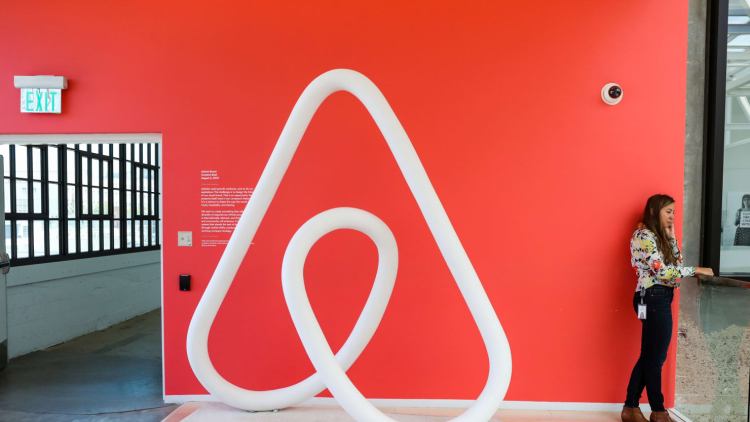Airbnb has become something of a poster child for the “sharing economy,” having grown from its simple “air mattress and cereal” promise in 2008 to become a home rental powerhouse a decade later.
The San Francisco-based startup has raised more than $4 billion in funding, and recent reports indicate that it drew in revenue of $2.6 billion last year. Crucially, though, the company reached its first full year of profitability in 2017, with nearly $100 million in the bank.
While Airbnb has proven immensely popular with homeowners and travelers, its underlying model has drawn criticism on a number of fronts, especially in relation to the impact it’s having on neighborhoods. For example, some studies have indicated that many landlords are inclined to keep their properties off the longer-term rental markets to garner higher fees from short-term listings on Airbnb, leading to a shortage of long-term accommodation and higher rent where such properties are available.
Elsewhere, Airbnb is often used by long-term tenants to sublet their accommodation, much to landlords’ chagrin. But this is one area that Airbnb is now looking to capitalize on by formally launching a subletting service in France, in partnership with U.S. real estate franchise giant Century 21.
June 5th: The AI Audit in NYC
Join us next week in NYC to engage with top executive leaders, delving into strategies for auditing AI models to ensure fairness, optimal performance, and ethical compliance across diverse organizations. Secure your attendance for this exclusive invite-only event.
Embracing the sublet
With this partnership, Airbnb is officially positioning itself as a conduit for longer-term tenants interested in leveraging Airbnb to sublet their homes for up to 120 days each year. This follows the company’s recent policy change, which stipulated that Airbnb hosts in Paris would be limited to renting their homes out for a maximum of four months out of the year.
In terms of how it works, well, any contract that has been signed with a Century 21 property is eligible for one of Airbnb’s new sublet leases, which provides a set revenue share between the landlord, tenant, and agency. This works out at 70 percent for the tenant, 23 percent for the owner, and 7 percent for Century 21.
So the process automatically requires the owner’s permission, which is why Airbnb is calling this a “win-win” deal. Tenants can disappear for a few months safe in the knowledge that their rent is covered, while their landlord is kept happy with the promise of potentially higher earnings.
According to Airbnb, the sublet partnership will be trialed in Paris only at first, but it may later be offered through all 852 of Century 21’s agencies in France. However, there’s no reason this model couldn’t be replicated elsewhere in the world — Airbnb has a 90-day limit for entire home listings in London, and it seems like this new sublet model could just as easily work there.
Paris has long been one of Airbnb’s biggest markets, but the company has increasingly been at loggerheads with city officials over unregistered listings that are marketed on the platform. And appeasing city officials is clearly at least one motivation behind the sublet program. In its announcement earlier today, Airbnb said:
With the Airbnb-friendly lease, subletting will be much better supervised. Moreover, this deal does not dry up the supply of housing in tense areas but encourages subletting of occupied homes.
This is the latest initiative to position Airbnb as a longer-term property rental platform. Last year, the company partnered with real estate developer Newgard for an ambitious project to build Airbnb-branded apartments in Florida that will allow tenants to rent out their place for up to half of each year.

